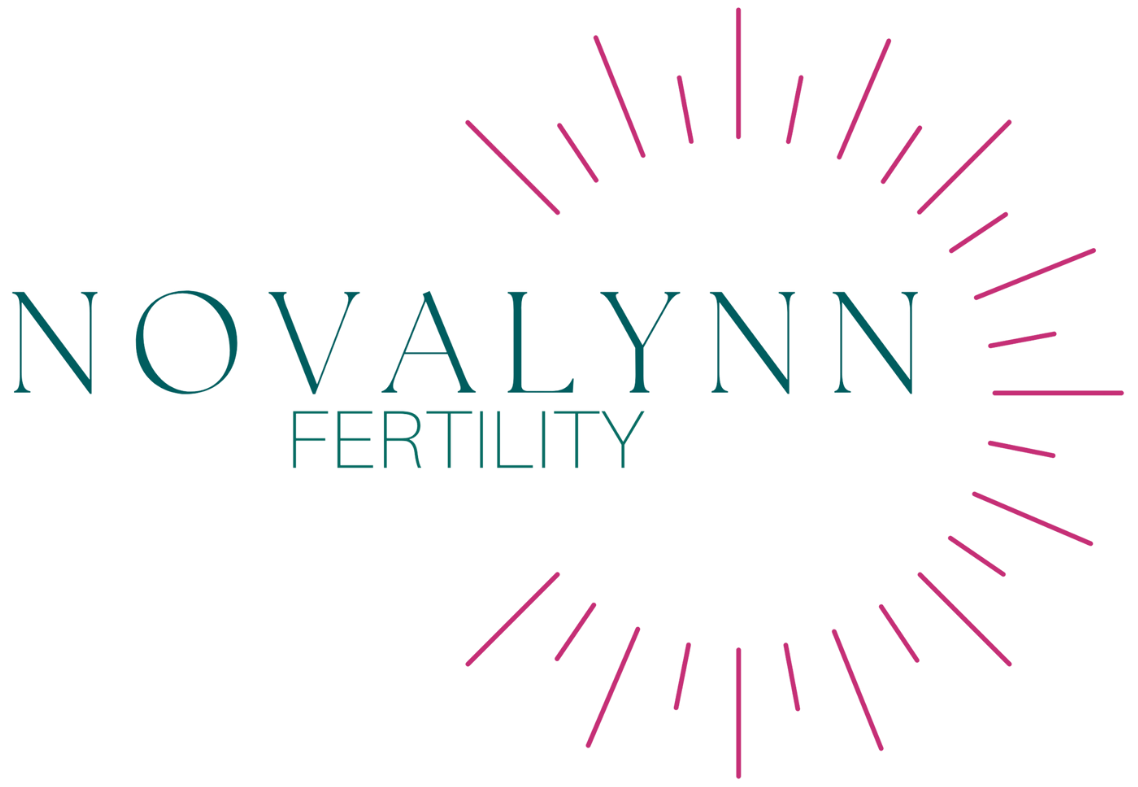This specialized at-home fertility test kit gives you a strong indication of how many eggs you have left in your ovarian reserve. Your AMH level is also helpful in predicting whether you could respond well to IVF.
Vitamin D can interfere with assays that measure AMH so it’s a good idea to test both together.
Method:
Simple finger prick blood card collection
What does it test for?
AMH, Vitamin D
AMH: Your Anti-Müllerian Hormone level is the most reliable indicator of how many eggs you have left in your ovarian reserve and helps determine your likelihood of conceiving. Your AMH level declines over time and drops significantly as menopause approaches.
Females are born with approximately one to two million eggs. Studies show that egg count begins to significantly diminish around the age of 35.
Normal AMH: 1.5-4.0ng/ml
Low Normal AMH: 1.0-1.5ng/ml
Low AMH: 0.5-1.0ng/ml
Very low AMH: Less than 0.5 ng/ml
Elevated AMH levels may also indicate polycystic ovary syndrome (PCOS).
Vitamin D: Abnormal levels of Vitamin D can indicate bone disorders, nutrition problems, or other medical conditions and a deficiency may be linked to low AMH levels. Several studies reported that Vitamin D concentration is positively associated with ovarian reserve markers and has been shown to have a direct effect on AMH production. Women with higher Vitamin D levels maintained their ovarian reserve for longer.
For more information on how AMH and Vitamin D are linked and how they can affect your fertility, read our blog.
A portion of our revenue from each test will be donated to fertility research and support.
This specialized at-home fertility test kit gives you a strong indication of how many eggs you have left in your ovarian reserve. Your AMH level is also helpful in predicting whether you could respond well to IVF.
Vitamin D can interfere with assays that measure AMH so it’s a good idea to test both together.
Method:
Simple finger prick blood card collection
What does it test for?
AMH, Vitamin D
AMH: Your Anti-Müllerian Hormone level is the most reliable indicator of how many eggs you have left in your ovarian reserve and helps determine your likelihood of conceiving. Your AMH level declines over time and drops significantly as menopause approaches.
Females are born with approximately one to two million eggs. Studies show that egg count begins to significantly diminish around the age of 35.
Normal AMH: 1.5-4.0ng/ml
Low Normal AMH: 1.0-1.5ng/ml
Low AMH: 0.5-1.0ng/ml
Very low AMH: Less than 0.5 ng/ml
Elevated AMH levels may also indicate polycystic ovary syndrome (PCOS).
Vitamin D: Abnormal levels of Vitamin D can indicate bone disorders, nutrition problems, or other medical conditions and a deficiency may be linked to low AMH levels. Several studies reported that Vitamin D concentration is positively associated with ovarian reserve markers and has been shown to have a direct effect on AMH production. Women with higher Vitamin D levels maintained their ovarian reserve for longer.
For more information on how AMH and Vitamin D are linked and how they can affect your fertility, read our blog.
A portion of our revenue from each test will be donated to fertility research and support.

